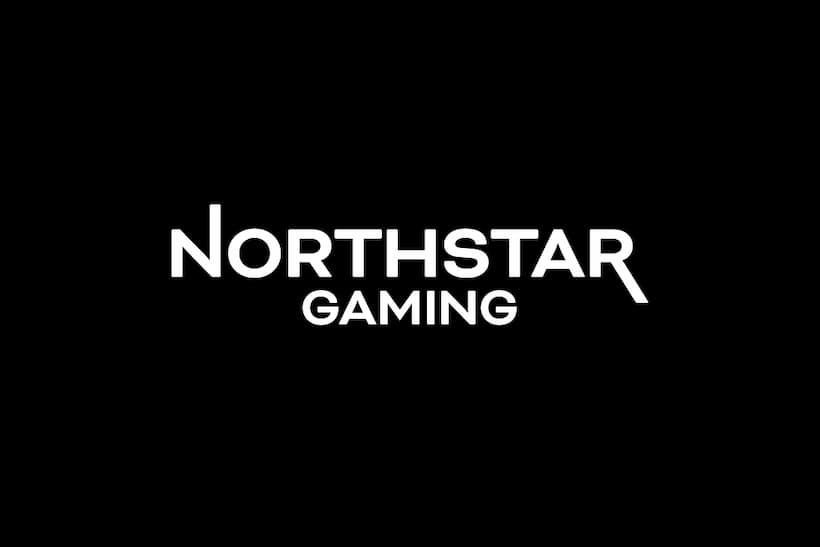In April, Senator Marty Deacon introduced Senate Bill 269. He wants to establish a stringent national regulatory framework to control how sportsbooks disseminate their advertisements. Additionally, his bill wants to limit celebrity involvement within the gambling space. Lawmakers do not want Canadians to feel like there is a glitz and glamour side to sports betting. Finally, Senator Deacon’s bill wants to limit physical sports betting advertisements at games and during television coverage. Moving forward, Deacon’s bill is expected to move through the Senate after getting support during its first two readings. After that, it would have to pass in the Chamber to make it to the House of Commons.
What are lawmakers doing to prevent excessive sports betting ads in Canada?
Ontario was the first province to legalize single-game sports gambling in 2022. Since then, the industry has made its way through the rest of Canada. However, some provinces are still working to establish a legal betting market. Provincial lotteries or the Alcohol and Gaming Commissions regulate the industry in Canada. Despite the sports betting industry flourishing in Canada, there is still a major concern with ads. That is why Senator Marty Deacon is working to regulate how ads are distributed. He’s not the only Senator involved in this action.
Senator Percy Downe is worried about how easily young adults could be influenced by sports betting ads. Particularly the ones that involve celebrities and high-profile athletes. He says that these gambling ads could be a gateway to addiction. Downe’s concerns were echoed by the Canadian Center on Substance Use and Addiction. In their research, they found that these gambling ads use robust “masculine” language to persuade bettors that placing a wager makes them better fans. Limiting the language used in sports betting ads could help reduce how fast addiction is spreading.
The way Canada is trying to limit sports betting ads is similar to how the United States handled it. Several states passed laws that limit “promotional materials” that were used in the past by regulators. Controversial betting language like “risk-free” and free bet” were removed from licensed sportsbook advertising. Another example of pushback on sportsbook advertising is the use of AI. US Representative Paul Tonko helped introduce the SAFE Bet Act. He wants to limit how AI tracks player data and gives personalized promotions.






